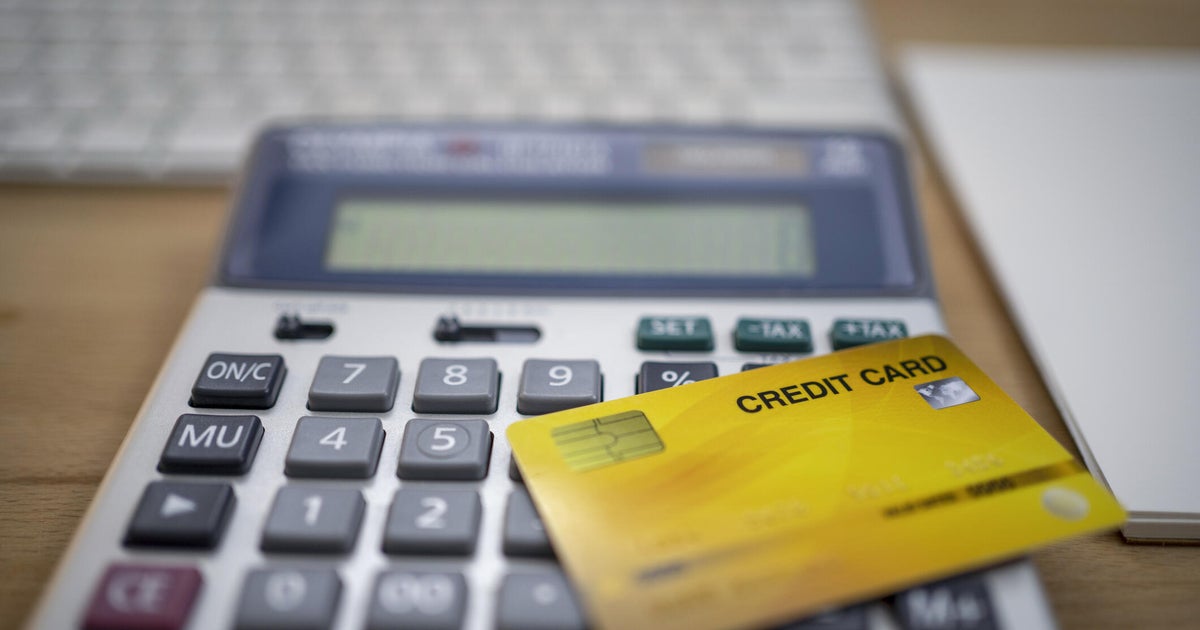Lying Awake At Night? Tips To Improve Your Sleep
MINNEAPOLIS (WCCO) -- Do you lay awake at night, mind racing, wishing you could turn it off? You're not alone. Experts say not being able to fall asleep is the most common sleep problem.
Making a cup of tea is a morning ritual for Gwen Beard. She'll often enjoy it while spending time on the computer. Right beside her is a 10,000 Lux light, simulating sunshine. It's part of the solution that helped Beard sleep better, after struggling for years to fall asleep at night.
"I'm a night owl," she said. "I would like to hit the snooze button and just keep sleeping."
That's something she couldn't do when she had young children, which led to strained hours lying awake.
"I needed to be up, get them ready for school, get them on the school bus," she said. "I was struggling with tiredness, fatigue, not feeling rested during the day. I would want to take naps."
She took her sleep problems to Dr. Michael Howell at the Fairview Sleep Center and found her 24-hour clock was off to complete the basics in her life.
Howell says he hears it all the time.
"Nobody ever laid awake in a dark room and stared at the ceiling trying to sleep and thought about how great their life was," Howell said.
He revealed four simple steps to achieve better sleep. For someone like Beard, it starts with turning on the light.
"By using bright light in the morning you are consistently reminding your body that the sun is coming up early and it's pushing that whole rhythm earlier," Howell said.
Creating a healthy routine helps -- exercise, eat well, try to have meals at a consistent time and consume alcohol and caffeine in moderation.
Howell said one's environment is important for optimal sleep. The temperature should be set between 63 and 68 degrees, and the room should be dark and quiet.
All of the distractions of daily life can hinder your ability to fall asleep.
"We are just bathed in light in the evening, which interferes with our brain being able to recognize that the sun has gone down and it's time for our bodies to start winding down and preparing to sleep," Howell said.
Howell suggests using the blue light blocker if you can't turn off devices an hour before bed. Your device will have an orange hue. And he says taking 1 milligram of the over-the-counter sleep aid melatonin can help.
"Just take it an hour or so before you would like to go to bed. That combined with bright light in the morning can help pull that circadian rhythm earlier and make it easier to fall asleep, easier to wake up in the morning," Howell said.
Beard followed the recommendations and, over time, it dramatically changed how she felt.
If you wake up in the middle of the night, Howell says it's best to get out of bed and do something relaxing. See the clip below for an explanation:







